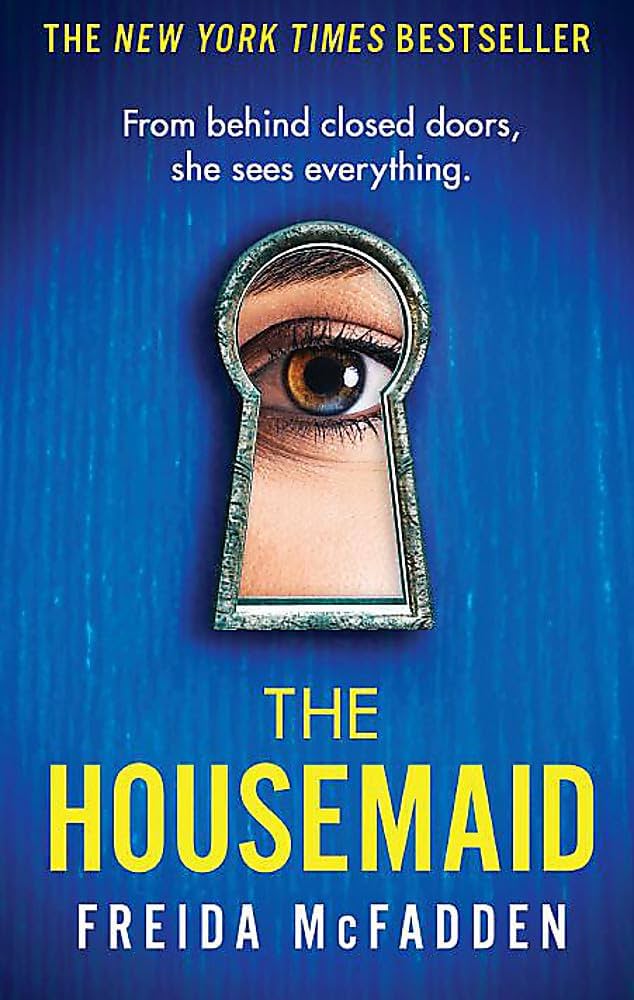Chapter 26
byChapter 26 provides a vivid recounting of a pivotal evening where the protagonist and Andrew share an enjoyable and carefree dinner, deliberately avoiding any discussion of Nina. This decision allows their conversation to flow naturally, with the lightheartedness heightened by the wine they drink together. The atmosphere is one of relaxed camaraderie, where both characters, clearly enjoying each other’s company, indulge in their evening, allowing themselves to forget the weight of their responsibilities, even if just for a moment. As the evening progresses, the mood shifts when Andrew becomes visibly preoccupied, the effects of their inebriation becoming more apparent. The reality of their situation dawns on them as Andrew realizes that he cannot drive back to Long Island due to his level of intoxication. The conversation that follows takes a more practical turn, as they begin to consider how to safely finish their night. Andrew, taking the lead, suggests that they utilize their reservation at The Plaza, a proposal that immediately sparks both a sense of excitement and anxiety, particularly as it involves an unexpected closeness between them.
This proposal brings with it an undeniable tension, compounded by the circumstances: Andrew’s wife is not present, both of them are somewhat intoxicated, and an unspoken sexual tension lingers beneath the surface. Initially, the protagonist is hesitant, recognizing the implications of such a decision and labeling it as a “huge mistake.” She acknowledges her mistrust, not of Andrew, but of herself in the face of temptation. She fears what might happen if they allow themselves to follow through on the unspoken attraction that has been growing between them. However, Andrew, sensing her discomfort and wanting to reassure her, proposes a practical solution: they will take separate rooms at The Plaza, ensuring that no indiscretion takes place. His offer, though well-intentioned, does little to dispel the weight of the situation, as both know that the evening’s events could easily escalate. The suggestion of separate rooms provides some relief, yet it cannot erase the underlying tension of what might happen if they abandon their moral compasses, especially in a setting where emotions and alcohol cloud judgment. The chapter reveals not only their growing chemistry but the complexity of human emotions when coupled with inebriation, desire, and the absence of certain boundaries.
As they make their way to the hotel, the tension continues to build during the taxi ride. Andrew’s attention to the protagonist’s appearance is more than just casual observation; his comments on her attire, coupled with the playful nature of the conversation, make it clear that his attraction to her is no longer subtle. This moment, albeit under the influence of alcohol, lays bare the attraction between them, which neither can ignore. Andrew’s compliments, particularly his praise of her beauty, stir something within the protagonist, making her acutely aware of the vulnerability and desire simmering beneath the surface of their conversation. The scene is charged with emotional intensity, as both characters respond to the unspoken feelings that have been building for some time. In this moment of vulnerability, the lines between professional boundaries and personal desires become increasingly blurred, leaving the protagonist caught between the allure of Andrew and the ethical dilemmas that come with such an attraction. The chapter masterfully explores how emotions, especially those stirred by alcohol, can cloud judgment and lead to decisions that might not be made in a sober state.
The complexity of their relationship deepens as the chapter unfolds, capturing the interplay between desire, loyalty, and internal conflict. The protagonist grapples with the allure of Andrew’s attention and the undeniable chemistry they share, but she is also keenly aware of the potential consequences of crossing a line. This conflict between personal desire and the professional and ethical boundaries that should govern their relationship is the core of the chapter’s tension. The protagonist’s internal struggle is both relatable and emotionally charged, as she weighs the consequences of her actions, knowing that her choices could have lasting implications. Meanwhile, Andrew, though equally attracted, seems less burdened by the potential fallout, which complicates the situation even further. His carefree attitude about the cost of the hotel and his willingness to go to The Plaza reflect his view of the evening as something that can be easily managed, whereas for the protagonist, it feels like a slippery slope. As the chapter comes to a close, both characters are left at a crossroads, uncertain of what their next steps will be. The unresolved sexual tension between them, coupled with their moral dilemmas, creates a palpable sense of anticipation, leaving the reader wondering how this dynamic will evolve.
This chapter does an excellent job of capturing the nuanced tension that exists in relationships, particularly when personal desires conflict with professional and moral boundaries. It sheds light on the emotional complexity that many individuals face when tempted by attraction, especially when influenced by alcohol or other temporary factors. The protagonist’s internal conflict is a realistic portrayal of the struggle many people face in navigating the grey areas of personal and professional relationships. The chapter not only moves the plot forward but also explores deeper themes of desire, loyalty, and self-control, which are universal in their relevance. It highlights the challenges of maintaining ethical standards when confronted with temptation, and the difficulty of balancing personal desires with the fear of the consequences that may follow. This moral dilemma is an essential aspect of the narrative, giving the reader insight into the characters’ motivations and the stakes at play in their interactions.


